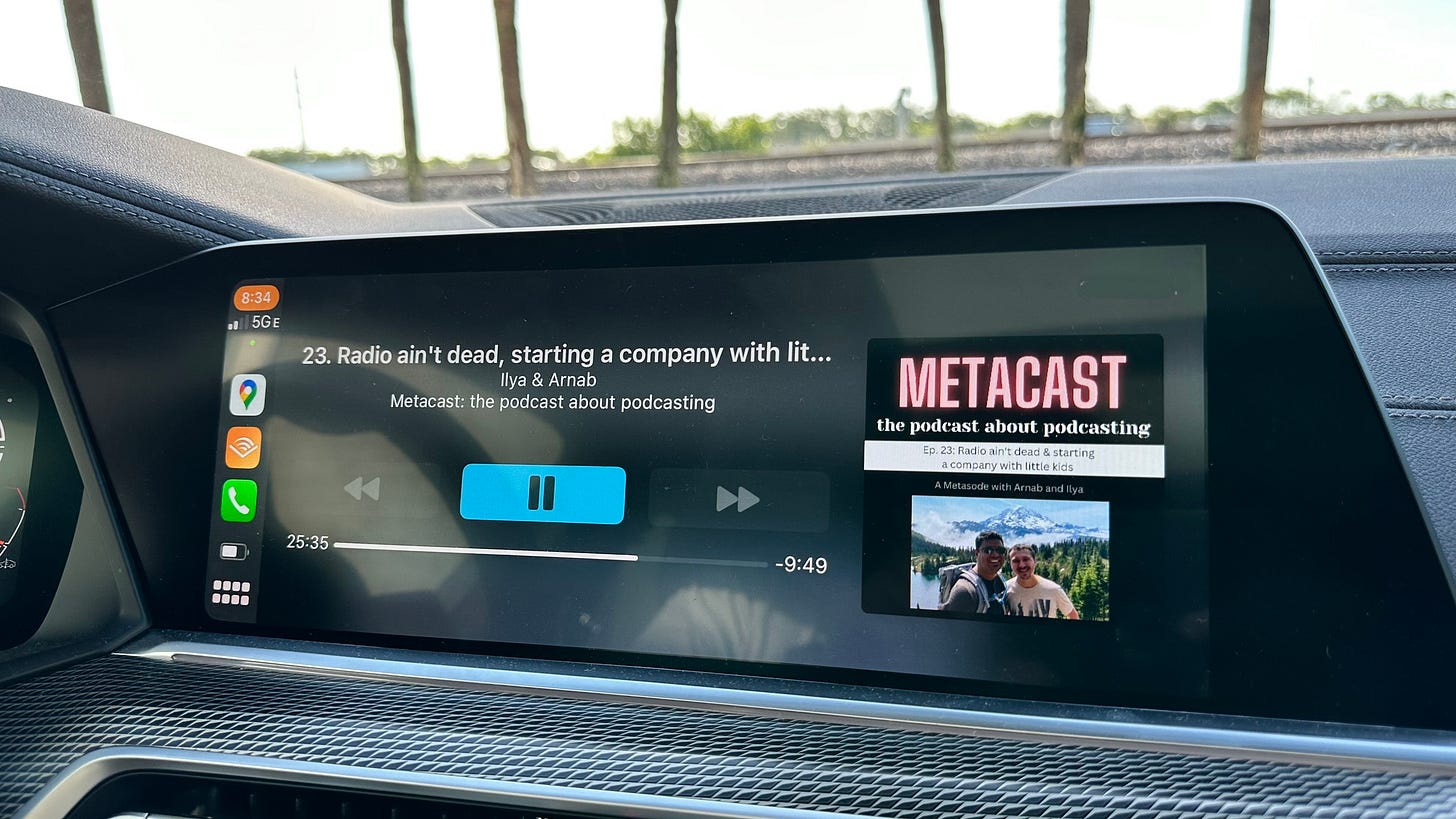Do you hate your voice when you hear it on a recording?
Did you ever cringe when you heard your own voice on a recording?
Let me explain why that happens.
How you hear your voice is NOT how others hear it. You hear your own voice through vibrations in the skull in addition to your outer ear so you objectively perceive it differently.
When your voice is played back to you, you hear it the same way others do and boy does it sound different. You know it's yours but it's different enough to give you that uncanny feeling of wanting to separate yourself from it. "Do I really sound that awful?" is a thought that rings very loud in your head at that moment.
Another thing you start hearing when you listen to yourself on a record is all of those ummms, like, kinda, long pauses, stutter... You had no idea so much unneeded stuff comes out of your mouth.
Now you do. Welcome to being human.
The good news is that others perceive it differently. Our brains are very good at filtering out (kind of “not hearing”) filler words and pauses. That's because filler words serve an important function — they signal to the other party that you're thinking. Filler words come out of our body's intelligence and our brains know how to account for them.
But when you listen to yourself on a recording, you're hyper-self-conscious. Remember, you're already uneasy about your voice, so you pay attention and you start hearing even more flaws. You're sort of looking for reasons to hate your speech, so you can turn the damn recording off, delete it, and never come close to a camera or microphone ever again.
I once heard that “if you want to insult someone, publish a transcript of their interview unedited” in reference to a reputable news outlet publishing a raw transcript that made the interviewee sound like a dumb teenager.
That was a dirty trick because we perceive speech differently when we hear it vs. when we read it. When you hear your own voice, you pay a lot more attention, so you’re sort of “reading” your speech and perceiving yourself a lot more critically than you otherwise would.
So what do you do?
If you can’t fix it, accept it…
Hear yourself talk as much as you can. Watch recordings of your presentations, listen to audio messages you send to friends, talk when you capture videos and then listen back.
It took me decades and hundreds of hours of editing myself for podcasts to finally accept my voice. It can be hard work but it eventually pays off because there's no other way but to come to terms with who you are.
Subscribe to our newsletter for more insights about podcasting.



This article is exactly what I needed a long time ago. I always thought that's my individual problem with voice. Never heard from someone that they has the same issue. Thanks a lot for this article. Kudos!